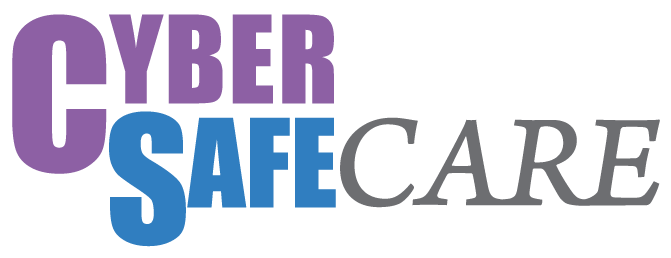
Legal Consequences
What are the Potential Legal Consequences of Cyberbullying
Find out where the law in Canada stands on cyberbullying, including current legislation in place regarding cyberbullying; other laws related to cyberbullying; and federal government resources (Government of Canada).
Existing Criminal Code Responses to Cyberbullying
The current existing Criminal Code of Canada responses to cyberbullying (Department of Justice).
Legal Consequences of Cyberbullying
PREVNet details how the law in Canada currently addresses cyberbullying, as well as how it is addressed under civil law and criminal law (PREVNet).
Tech-Facilitated Violence - Criminal Case Law
A module designed to address how criminal law can respond to technologically-facilitated violence (The eQuality Project).
Technology Facilitated Violence: Criminal Case Law Lesson Plan
The lesson plan explores the relationship between technology and the law, and is for use with students in grades 11 and 12 (The eQuality Project/Media Smarts)
Cyberbullying and the Law
Information on how the law addresses cyberbullying (Media Smarts).
Cyberbullying Resources for Educators
Various resources on cyberbullying, including lesson plans on cyberbullying and the law (Media Smarts)
Cyberbullying and the Law - Lesson Plan
Lesson plan for grades 7 and 8 (Media Smarts)
Bullying Legislation
Bullying Policy & Legislation – How the Law Deals with Bullying across Canada
A summary of how each province and territory currently legally addresses bullying, as well as your rights and responsibilities as a parent and an educator (PREVNet).
Bullying and Cyberbullying
The definition of cyberbullying, its impacts, what forms of bullying considered illegal, and steps to you can take to address cyberbullying (Royal Canadian Mounted Police).
Getting Help
Age of Consent: Young People, Sex, and the Law
The resource details what youth on Prince Edward Island need to know about consent and the law (Community Legal Information)
The Law and Reporting
General information on various laws related to cyberbullying and internet safety. (Need Help Now)
Reporting a Potential Crime
Resources on where and how to report a potential crime. (Need Help Now)
BullyingCanada
A national anti-bullying charity dedicated to creating a brighter future for bullied youth.
Policies and PEI Schools
Digital Citizenship and Technology in Schools
The Digital Citizenship and Technology in Schools policy outlines regulations about the use of communication and technology within the Public Schools Branch's 56 schools by its students, employees, and any other user defined by the policy (Public Schools Branch).
Safe and Caring Learning Environments Policy
The Safe and Caring Learning Environments Operational Policy sets out the expectations for creating and maintaining a safe, caring, respectful and inclusive climate for learning and working, while promoting a shared responsibility of the school community to create and maintain a positive school climate, which includes addressing cyberbullying (Public Schools Branch).
Safe and Caring Learning Environments Operational Procedure
The Safe and Caring Learning Environments Operational Procedure outlining the procedures that take place regarding a variety of incidents, including cyberbullying (Public Schools Branch)
Safe and Caring Learning Environments Incident Response Guide
The Safe and Caring Learning Environments Response Guide outlines steps to be taken in responding to incidents outlined in the policy and operational procedure, including cyberbullying (Public Schools Branch).
List of Prince Edward Island Schools/websites
Prince Edward Island’s Public Schools Branch in its Safe and Learning Environments Policy tasked each of its schools to have in place a Code of Conduct. To see if your school has its own Code of Conduct, visit their website or contact your school. The listing also includes the schools of the French Language School Board (PEI Department of Education and Lifelong Learning).
Public Schools Branch
The Public Schools Branch encompasses the 56 English-language schools in the province, and the more than 14,000 students who attend those schools.
La Commission scolaire de langue francaise (French Language School Board)
La Commission scolaire de langue francaise is an Acadian and Francophone collective that offers French-language education to students with the focus on promoting and developing its language and culture.
